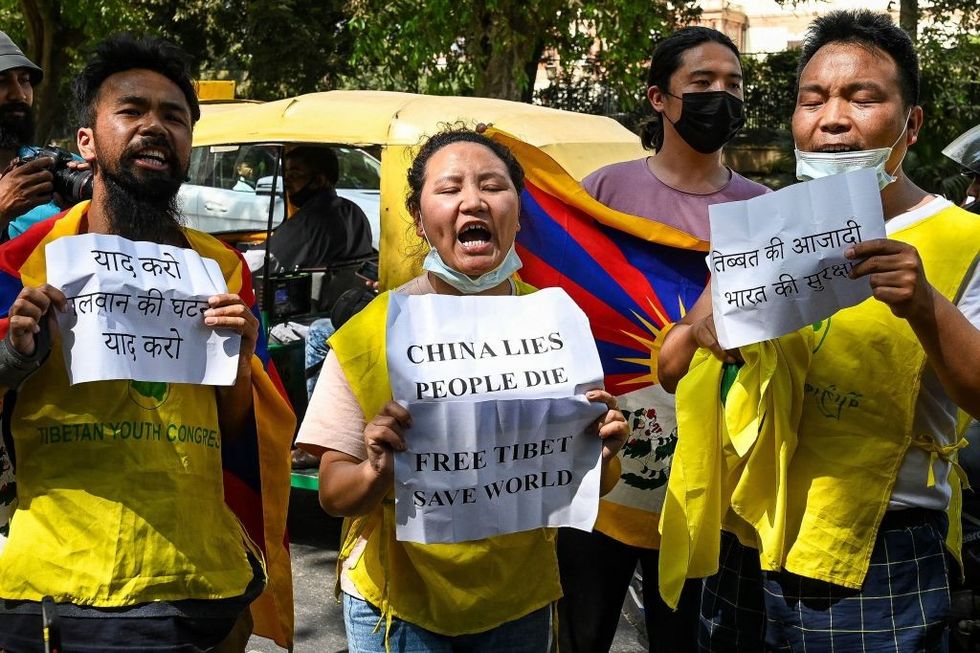INDIA said on Friday (25) ties with China could not be normal until their troops pulled back from each other on the disputed border, but Beijing struck a conciliatory note during a meeting of their foreign ministers in New Delhi.
Both nations have deployed thousands of troops on the high-altitude border since hand-to-hand fights killed 20 Indian and four Chinese soldiers northern Himalayan region of Ladakh in June 2020. Talks between senior military officers have made little progress.
"I was very honest in my discussions with the Chinese foreign minister, especially in conveying our national sentiments," India's foreign minister Subrahmanyam Jaishankar told a news briefing after his three-hour meeting with Wang Yi.
"The frictions and tensions that arise from China's deployments since April 2020 cannot be reconciled with a normal relationship between the two neighbours."
In a statement, Wang said China and India should work together to promote peace and stability around the world.
"The two sides should ... put the differences on the boundary issue in an appropriate position in bilateral relations, and adhere to the correct development direction of bilateral relations," he said.
"China does not pursue the so-called "unipolar Asia" and respects India's traditional role in the region. The whole world will pay attention when China and India work hand in hand."

Jaishankar, a former ambassador to Beijing, said it was at China's request that India did not announce Wang's trip before his arrival in the capital late on Thursday (24).
Wang met India's national security adviser, Ajit Doval, who also pressed him for a de-escalation at the border.
It was not immediately clear if India offered to pull back its troops if China did.
Wang and Jaishankar also discussed their nations' approaches to tackling Russia's invasion of Ukraine.
"Both of us agreed on the importance of an immediate ceasefire, as well as a return to diplomacy," Jaishankar said.
India and China each consider Russia a friend and have rejected Western calls for condemnation of Russia's invasion of Ukraine, which Russia calls a "special military operation".
Wang, who visited Pakistan and Afghanistan earlier this week, is set to fly to the Himalayan nation of Nepal later on Friday during a whirlwind tour of South Asia, where China is trying to strengthen its influence.
Before his arrival, Wang drew a rebuke from India for remarks in Pakistan on disputed Kashmir, a Muslim-majority region each rules in part but claims in full, an issue on which China has generally backed its close ally, Pakistan.
(Reuters)

















